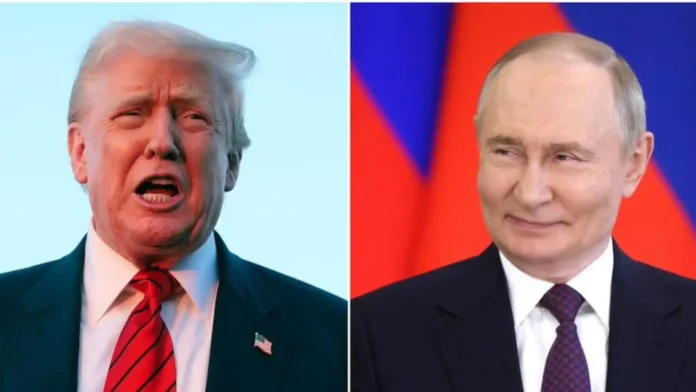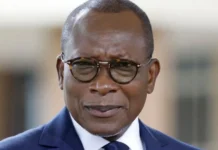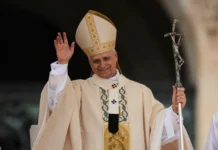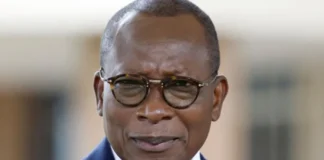Plans for a meeting between US President Donald Trump and Russia’s Vladimir Putin appear to have been put on hold, with a White House official stating there are no talks scheduled “in the immediate future.”
The announcement came after Trump suggested last Thursday that he and Putin would hold a summit in Budapest within two weeks to discuss the war in Ukraine.
A preparatory meeting between US Secretary of State Marco Rubio and his Russian counterpart Sergei Lavrov had been expected this week.
The White House, however, said a productive phone call had removed the immediate need for an in-person discussion. No further explanation was provided for the postponement, but growing differences between US proposals and Russian preconditions for peace appear to have stalled the summit.
Trump had discussed a Budapest summit with Putin a day before hosting Ukrainian President Volodymyr Zelensky at the White House.
Reports suggested the meeting with Zelensky was tense, with Trump allegedly pushing Ukraine to cede large areas of eastern Donetsk and Luhansk, known as the Donbas, in a proposed deal with Russia. Zelensky has consistently rejected any relinquishment of territory, citing the risk of further Russian attacks.
On Monday, Trump endorsed a ceasefire proposal backed by Kyiv and European leaders to freeze the conflict along the current front line. “Let it be cut the way it is. Stop fighting, stop killing people,” he said.
Russia has rejected the freeze, with Kremlin spokesperson Dmitry Peskov reaffirming Moscow’s demand for Ukrainian troop withdrawal from the contested eastern regions.
Russian Foreign Minister Sergei Lavrov framed the issue as addressing the “root causes of the conflict,” a position calling for full recognition of Russian control over the Donbas and Ukraine’s demilitarisation. European leaders and Zelensky rejected this as a non-starter, insisting talks begin with a frozen front line.
Trump and Putin last met in Alaska in August with no tangible results.
Analysts suggest the White House may have shelved the planned Budapest meeting to avoid repeating that outcome, particularly amid speculation that the US could supply long-range missiles to Ukraine, a development Moscow has cited as a reason to engage in diplomacy. Zelensky described the missile issue as a “strong investment in diplomacy” that forced Russia to pay attention.



















